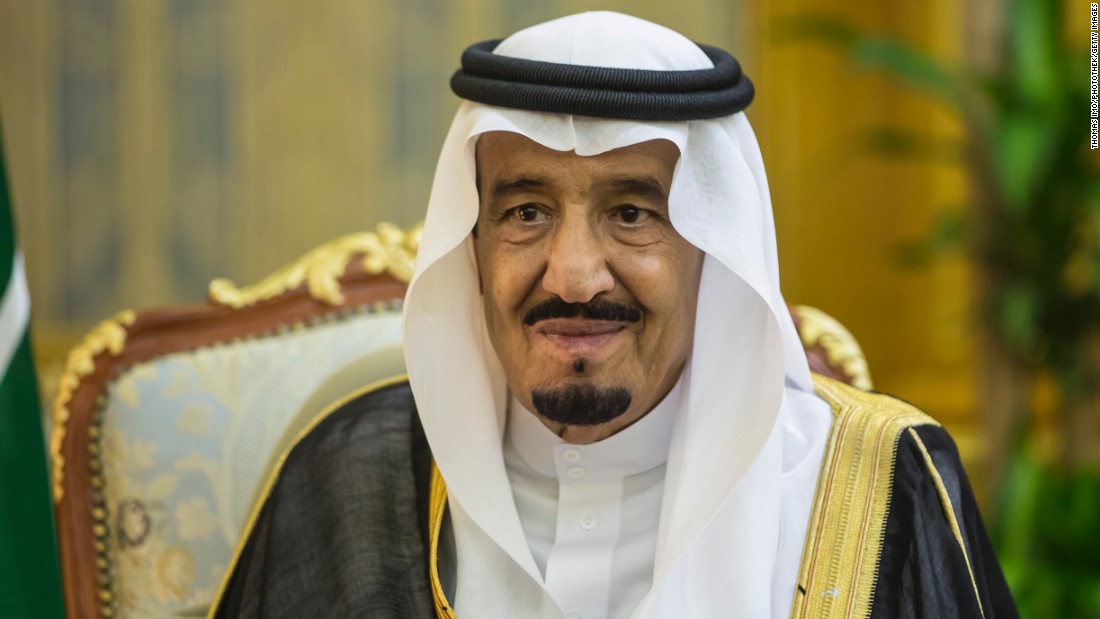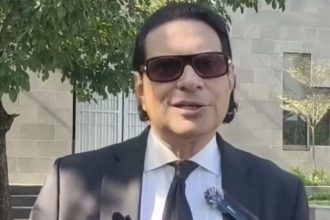One of the grandsons of the state’s founder, Abdul Aziz Ibn Saud, has called for the removal of the kingdom’s ruler, King Salman bin Abdulaziz. It is an unprecedented move in the extremely repressive absolute monarchy.
Citing unrest among the royal family, plummeting oil prices and criticism of Saudi’s management of Makkah days after a stampede during Hajj claimed 1,100 lives, the prince who cannot be named owing to security reasons said there was a need for a change in leadership.
“The king is not in a stable condition and in reality the son of the king (Mohammed bin Salman) is ruling the kingdom,” the prince said, while speaking to the Guardian.
He wrote two letters earlier this month calling for the king to be removed. “So four or possibly five of my uncles will meet soon to discuss the letters. They are making a plan with a lot of nephews and that will open the door. A lot of the second generation is very anxious.”
The prince explained a double tragedy in Makkah – the collapse of a crane that killed more than 100, followed by a stampede last week that killed 1,100 – has raised questions not just about social issues, but also about royal stewardship of the holiest site in Islam.
“The public are also pushing this very hard, all kinds of people, tribal leaders,” the prince added. “They say you have to do this or the country will go to disaster.”
The government of Saudi Arabia has constantly brushed aside such criticism claiming the holy sites are being managed perfectly and the government at all times ensures that the sites are safely accessible for all pilgrims.
Further, while authorities deny that senior members of the government maybe responsible for the incidents, locals have refused to accept such claims as made clear on social media and otherwise.
“The people inside (the kingdom) know what’s going on but they can’t say. The problem is the corruption in using the resources of the country for building things in the right form,” an activist residing in Makkah said on the condition of anonymity.
“Unfortunately the government points the finger against the lower levels, saying for example: ‘Where are the ambulances? Where are the healthcare workers?’ They try to escape the real reason of such disaster,” he added.
The letters which have been read over two million times have received immense support from both within the royal family and society at large, according to the prince.
However, he claimed that senior royals fear publicly endorsing the letter due to the strict laws in the country against anyone who opposes the leadership.
“Allow the oldest and most capable to take over the affairs of the state, let the new king and crown prince take allegiance from all, and cancel the strange, new rank of second deputy premier,” the first letter states.
“We are calling for the sons of Ibn Saud from the oldest Bandar, to the youngest, Muqrin, to make an urgent meeting with the senior family members to investigate the situation and find out what can be done to save the country, to make changes in the important ranks, to bring in expertise from the ruling family whatever generation they are from.”
Further, another alarming issue for Saudi is oil, the price of which dropped over 50% in the past year. The Financial Times reported that Saudi Arabia has subsequently withdrawn as much as $70 billion from overseas investment funds to make up for its fiscal position owing to the falling oil prices.
“The king is in charge of oil policy in the kingdom together with his son Muhammad bin Salman. Muhammad bin Salman is also responsible for (state oil firm) Aramco. The crown prince (Mohammed bin Nayef) is mainly focused on security. These are the main players in Saudi Arabia. They divide the responsibility,” Khairallah Khairallah, a former managing editor of the Saudi-owned newspaper said.
Prince Muhammad bin Salman, officially 35, however rumoured to be be much younger, has in no time come under great controversy for holding numerous posts including minister of defence and chair of the Council for Economic and Development Affairs. Thus, making him responsible for many of Saudi Arabia’s problems, including the much talked about Saudi-led war in Yemen against Houthis.
According to reports, the young prince is called “reckless” by locals due to the lack of military strategy or an exit plan.
“This is a war against the Yemeni nation and against Yemen becoming independent,” said Sergeant Major Dakheel bin Naser al Qahtani, a former head of air force operations at King Abdulaziz airbase, Dhahran, who defected from the Saudi armed forces last year.
“It has no legitimate political foundation and it is not what the people want,” he said. “90 per cent of people in Saudi Arabia don’t want this to happen, exactly the opposite of what the media shows.”
King Salman took over the kingdom following the death of King Abdullah.
Also read:Eye-witnesses hold Saudi officials solely responsible for Haj horror






